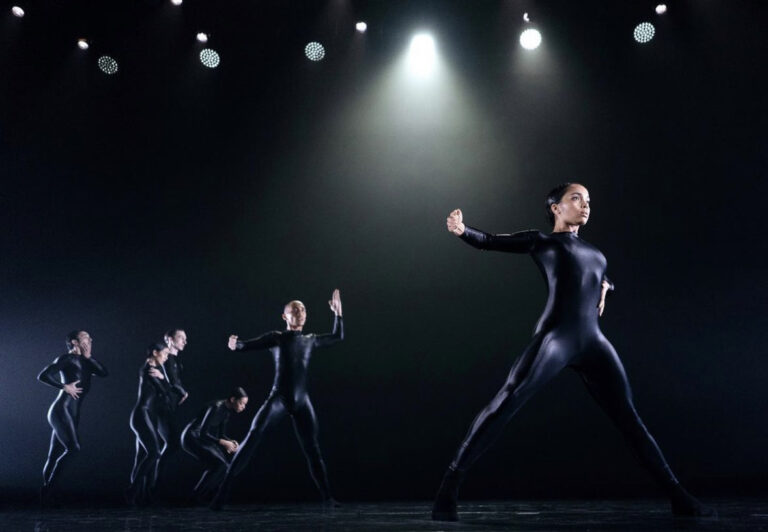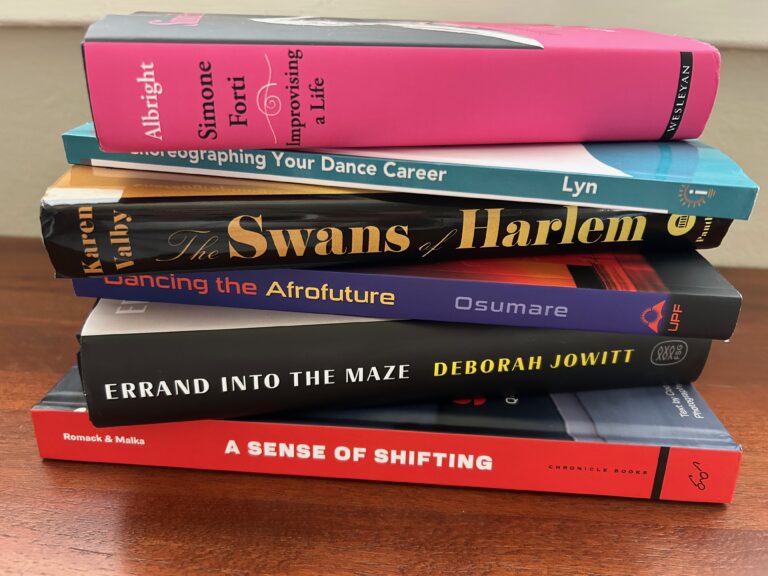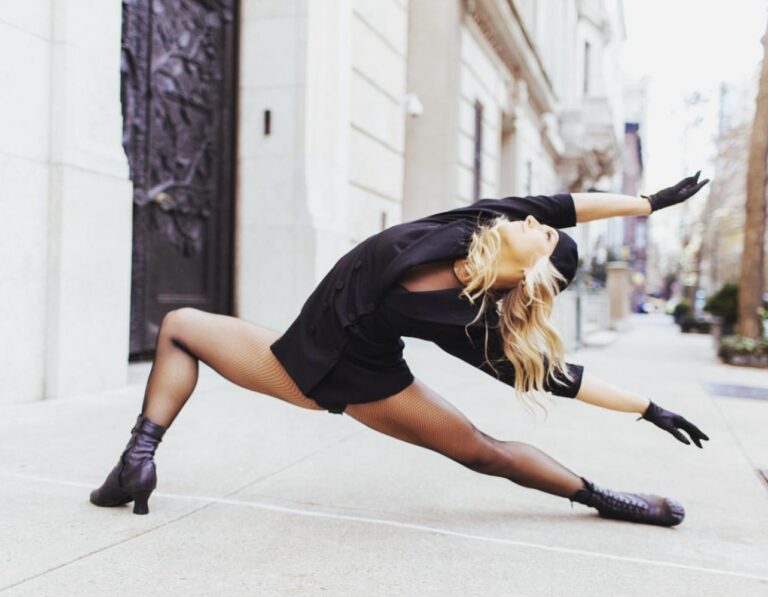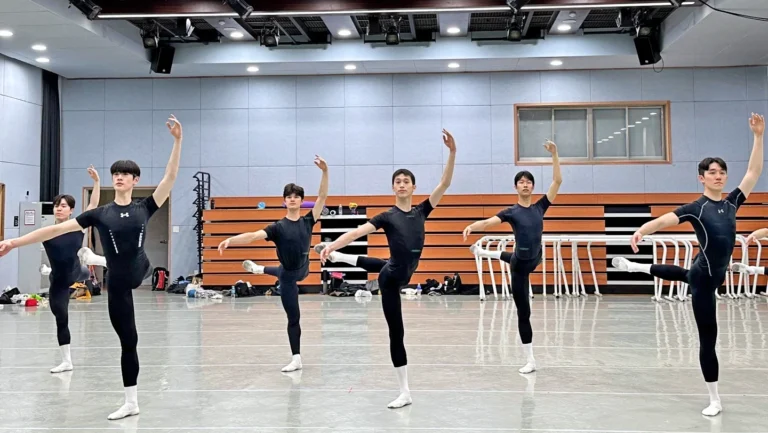Relationships are the heart of dance training—after all, children who are nurtured and encouraged from a young age are often those who succeed. Yet what happens when this interaction goes beyond the studio? Should a line be drawn between personal and professional? Unsupervised one-on-one contact, including texting and social-media networking, can put a studio owner (and her staff) at risk for ethical misunderstandings. To avoid accusations of inappropriate behavior and to keep your studio’s credibility intact, it is recommended that you establish clear guidelines and practice them uniformly. DT spoke to four studio owners about their policies—and how they enforce the rules.
Linda Bernabei-Retter
Retter’s Academy of Dance
(350 students)
Agoura Hills, CA
“I could share 500 stories of where boundaries got blurred, and the result was loss of revenue, friendship or a student,” says Linda Bernabei-Retter, co-owner of Retter’s Academy of Dance. She remembers one situation where a teacher was waiving the private lesson fee for students without telling the directors: “Suddenly she’s the nice guy and the studio is the bad guy,” she says. “Things like that are immediate grounds for dismissal.”
Bernabei-Retter has a clear discipline policy in place for teachers who overstep the boundaries. For the first offense, she has a sit-down conversation to review studio policies, which state that all outside contact must go through the front desk and that attending functions is not allowed without permission. If a second offense occurs, the employee is given a written warning, and if it happens again, the employee could be dismissed. The studio also forbids teachers from “friending” students on Facebook. Instead, co-owner Darryl Retter created a Facebook page for the academy as a central place for online interaction and studio updates. Though Bernabei-Retter’s rules might seem strict, her teachers are relieved to have an excuse to keep a clear line drawn, she says.
Diane Kelley
Diane Kelley Dance Studio
(350 students)
West Boylston, MA
Diane Kelley recalls one former employee who was notorious for asking parents to run errands for her while she taught their children private lessons. “I had to pull her aside and explain that this is my business and I expect professionalism,” she says. Other instances include an instructor who used Facebook to tell students she was choreographing a piece, rather than following company policy and waiting for the studio to issue a formal announcement. Another teacher frequently text-messaged students.
Instances like these have helped Kelley refine her code of conduct, which she reviews annually with her 13 staffers. The code states that contact with students (social networking, cell, online chat or phone calls) is prohibited outside of class without studio consent. But some flexibility is allowed: “The majority of our clientele sign up at age 3 and stay through high school, so our teachers do develop relationships. If staff is invited to a graduation party, I don’t frown upon that type of thing.”
Sally Taylor Reyes
Greater Austin Dance Academy
(450 students)
Austin, TX
At Greater Austin Dance Academy, owner Sally Taylor Reyes facilitates almost all contact between families and teachers, including phone number and e-mail address exchanges. “It’s a formal process that prevents a lot of unnecessary outside conversation,” she says. Doing so can also be beneficial on other fronts, as she learned while working at a different studio. “We had a teacher leave and take several students with her,” she says. “For that reason, I don’t allow employees access to personal information, not only while working here, but for a number of years after they leave.”
Though she discourages Facebook contact between teachers and students, she hasn’t yet made social networking part of the formal policy. “My thought is that there should not be mixing of students or clientele on Facebook; it’s inviting them into a personal part of your life and opening up areas that do not need to be shared,” she says. As for face-to-face socializing, Taylor Reyes prefers that teachers decline invitations. If they do attend parties or other social functions, however, “they are expected to represent the school and must be on professional behavior at all times. It’s written in their contracts,” she says.
Kim DelGrosso
Center Stage Performing Arts Studio
(500–600 students)
Orem, UT
For Kim DelGrosso, the idea that families and teachers shouldn’t fraternize outside the studio is a foreign concept. From baby showers to graduations, members of the Center Stage community share their milestone moments and use the studio’s bulletin board to post invites, says DelGrosso, who employs 30 teachers. “One-third of my faculty were trained here,” she says. “We’re all so intertwined in each others’ lives that I wouldn’t even know where to begin making rules.”
That openness carries over to social networking as well. “I’m Facebook-connected with a lot of my students, and I actually see a long-term benefit to this,” she says. “As my students like Julianne [Hough], Derek [Hough] and Chelsie [Hightower] go on to professional careers, they don’t leave us. They inevitably call or come home and still seek that mentoring and closeness. It’s just worked for us.” DT
A former hip-hop, dance fitness and cheerleading instructor, Jen Jones is a Los Angeles–based freelance writer.
Photo: ©iStockphoto.com/Robert Simon



